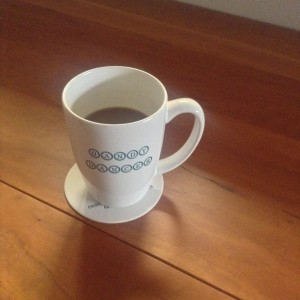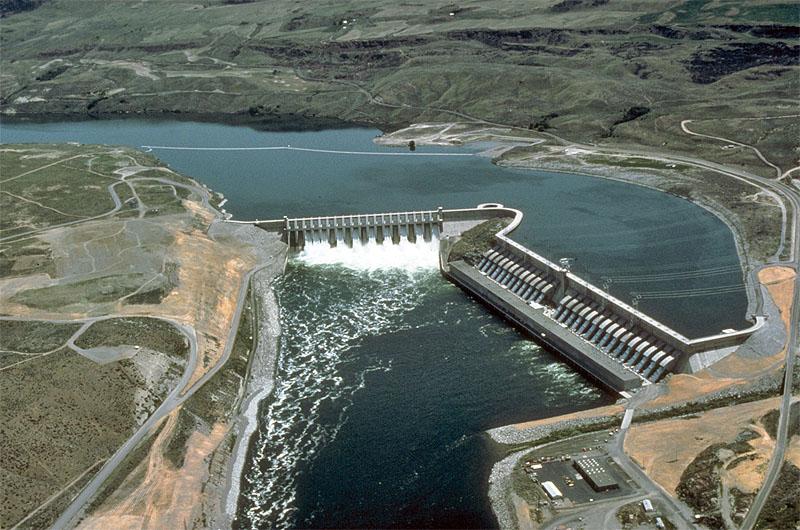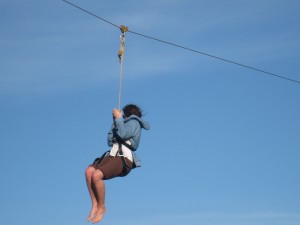
Following on from our conversations about access/familiarity/language yesterday, it’s worth quoting poet and critic Joyelle McSweeney’s thoughts on Diggs’s poetry, from the Poetry Foundation website:
Diggs’s work is truly hybrid: languages and modes are grafted together and furl out insistently from each bound splice. In a review of TwERK for the online literary site Montevidayo, poet Joyelle McSweeney writes, “Language is not a neutral tool, and the history of the peoples who belong to these language[s] and the hegemonic forces that would distress, suppress or obliterate both the languages and their peoples is what makes these poems so fierce, fraught, bladey and mobile. The showiness and flaunt of these poems are like the fierceness of the drag balls Diggs salutes in one poem: a visible weapon, a tactic simultaneously offensive and defensive, a wargame for the whole body. Diggs’s poems truly work the whole body of the poem, the whole body of sound, the whole body of history, the whole body of voice and ear, the whole body of language and the ability of the page to be its own sonic syntax; they articulate and rotate joints that seemed fixed; they are bawdy and triumphant and they more than work. They TwERK.”



